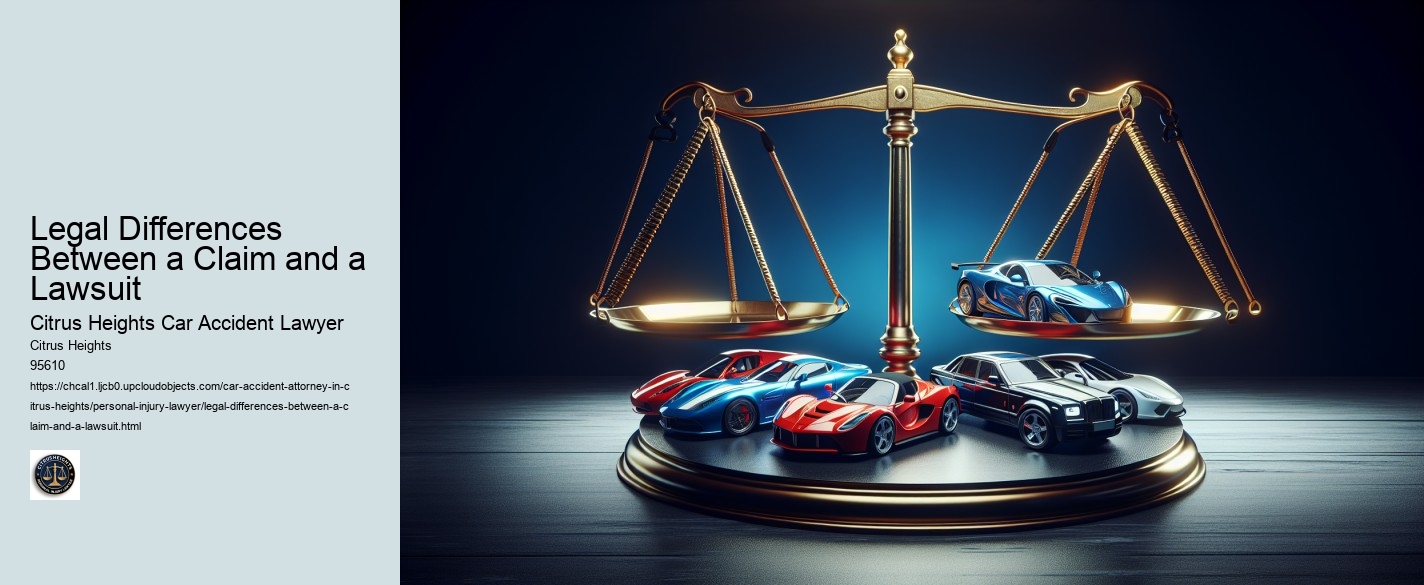Our network covers a wide range of case types. When medical bills start piling up and insurers push back, getting help from a car accident attorney in Citrus Heights becomes essential to protect your rights and recover what you’re owed.. Highway crashes are often more severe and may involve multiple vehicles.
Legal Differences Between a Claim and a Lawsuit - justice
- Santa Clara County
- medical treatment
- justice
- controlled-access highway
- trial
- Carson City
- customer
- all rights reserved
- attention
Legal Differences Between a Claim and a Lawsuit - occupational health and safety
- equation
- defense
- percent
- income
- expense
- well-being
- well-being
A fatal car accident lawyer in Citrus Heights helps surviving family members pursue wrongful death claims, which may include coverage for funeral costs, financial support, and non-economic damages. Highway crashes are typically high-impact and may involve multiple parties. This structure means you do not pay any upfront fees. justice If the accident involved someone on foot, car vs. pedestrian accident representation ensures proper handling of crosswalk laws, visibility issues, and driver negligence.
Photos of the vehicles, road conditions, police reports, and witness statements can all help build your case. If you were injured while walking, car vs.
Legal Differences Between a Claim and a Lawsuit - negligence
- Humboldt County
- surveillance
- physical disability
- intersection
- vehicle insurance
- HIV/AIDS
- witness statement
- Sacramento County
- multiple-vehicle collision
A good lawyer will review police reports, interview witnesses, and reconstruct the scene if necessary to ensure fault is assigned properly. If the driver was intoxicated, a drunk driving accident lawyer in Citrus Heights ensures the necessary evidence-such as breathalyzer results or police reports-is part of your case. The timeline of a personal injury case depends on multiple factors, including the extent of injuries, the clarity of liability, and how cooperative the insurance company is.
Legal Differences Between a Claim and a Lawsuit - occupational health and safety
- traffic collision
- regulation
- negligence
- occupational health and safety
- testimonial
- negotiation
